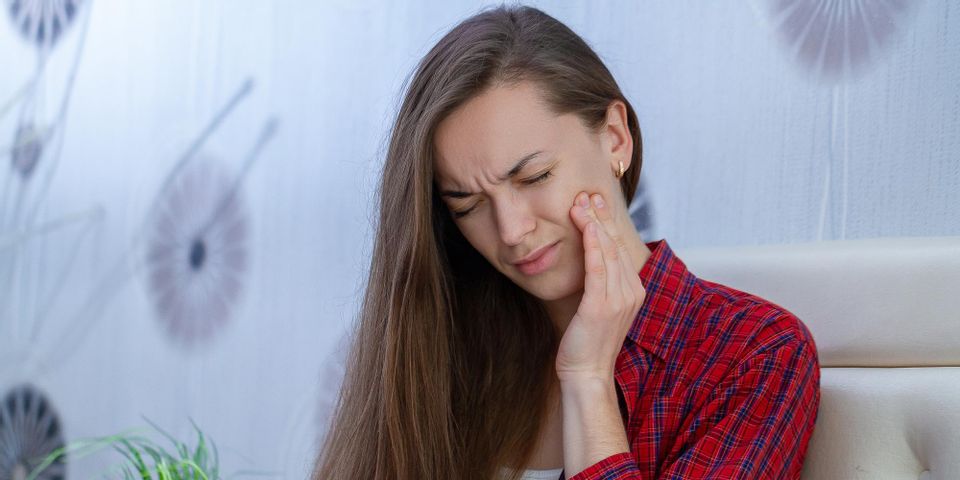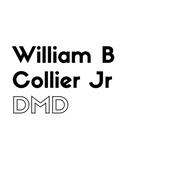
Grinding your teeth together—a condition known as bruxism—can hurt your oral health. Unfortunately, many people who experience this issue don’t even know they have it, as the activity tends to occur during sleep. If you’re curious about how bruxism may be damaging your smile and how you can address it, here are a few frequently asked questions to review.
Teeth Grinding FAQ
What are the risks?
Teeth are covered with enamel, the hardest substance in the human body. As a result, grinding them together with force on a routine basis can result in gradual wear. Over time, this pressure can cause chipping, breaking, and misalignment. If the damage is considerable enough, dental treatments—such as root canals or dental crowns—may be necessary.
How do you know if you grind your teeth?
 If you share your room with a partner, ask them about your nighttime behaviors. In many cases, your partner will be able to tell you if you do this in your sleep.
If you share your room with a partner, ask them about your nighttime behaviors. In many cases, your partner will be able to tell you if you do this in your sleep.
You might also have bruxism if you wake up with a sore jaw or feel stiff when you chew. Typically, this discomfort will dissipate throughout the day.
What causes grinding?
There are many different reasons why a person may develop bruxism. Many cases of grinding occur as a result of heightened stress or consumption of certain stimulants—such as alcohol, nicotine, or caffeine.
Other cases may be related to preexisting oral health problems. For example, individuals who have sleep apnea may experience bruxism as a result of trying to compensate for breathing difficulties throughout the night. TMJ, a misaligned jaw, and bite issues may also contribute to grinding.
How is bruxism treated?
The best treatment for bruxism will ultimately depend on the underlying cause. For example, people with anxiety-related teeth grinding may benefit from practicing stress management techniques or cutting down their caffeine intake.
Misalignment-related bruxism, on the other hand, can be corrected through orthodontic treatment. If sleep apnea is the cause, using a CPAP machine or an oral appliance that opens the airway can prevent grinding.
Whatever the cause, many dentists will recommend wearing a custom night guard during sleep. These personalized devices pad your teeth to reduce pressure and prevent damage.
When bruxism is putting your smile in danger, turn to William B. Collier Jr., DMD for relief. As an experienced family dentist in Enterprise, AL, Dr. Collier knows how to pinpoint teeth grinding concerns and deliver expert treatment—such as a custom night guard—to prevent further problems. Offering cosmetic dentistry services, this provider also helps repair bruxism-related damage using state-of-the-art solutions. To learn more about these capabilities, visit this provider online. For appointments, call the office at (334) 347-5026.
About the Business
Have a question? Ask the experts!
Send your question

